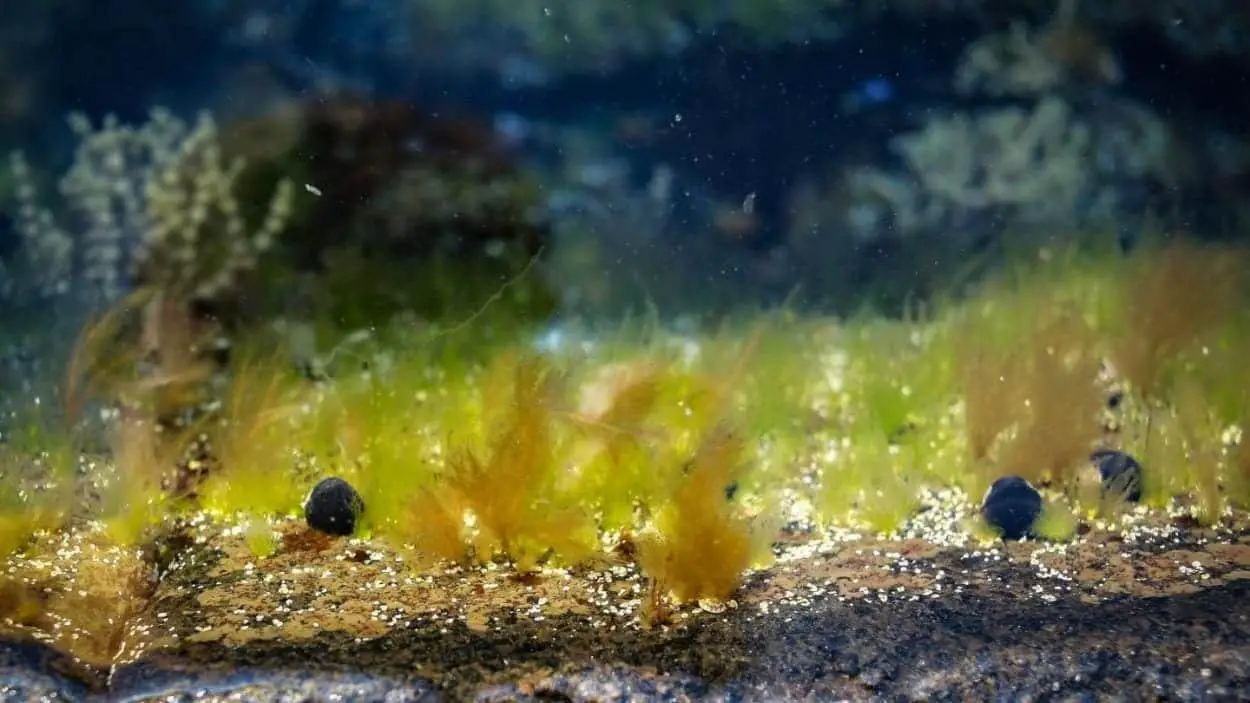Two teams of scientists have resolved a longstanding controversy surrounding the origins of complex life on Earth.
The joint studies found molecular fossils extracted from 635-million-year-old rocks aren’t the earliest evidence of animals, but instead common algae.
The researchers from The Australian National University (ANU), Max Planck Institute and Caltech say the finding has big implications for our understanding of evolution.
“It brings the oldest evidence for animals nearly 100 million years closer to the present day,” Dr Lennart van Maldegem from ANU, co-author author of one study, said.
“We were able to demonstrate that certain molecules from common algae can be altered by geological processes – leading to molecules which are indistinguishable from those produced by sponge-like animals.
Professor Jochen Brocks, also based at ANU, said the mystery of when our very earliest animal ancestors emerged and became abundant in the oceans has puzzled palaeontologists for more than a century.
“Ten years ago, scientists discovered the molecular fossils of an animal steroid in rocks that were once at the bottom of an ancient sea in the Middle East,” Professor Brocks said.
“The big question was, how could these sponges have been so abundant, covering much of the seafloor across the world, but leave no body fossils?”
Dr Ilya Bobrovskiy, lead author of the other study, said the researchers have been able to “solve this mystery”.
“While it holds true sponges are the only living organism which can produce these steroids, chemical processes can mimic biology and transform common and abundant algae sterols into ‘animal’ sterols,” he said.
“These molecules can be generated in the lab when simulating geological time and temperatures, but we also showed such processes did happen in ancient rocks.”
The two complementary studies have been published in Nature Ecology and Evolution.
AUSTRALIAN NATIONAL UNIVERSITY
Header Image Credit : Ilya Bobrovskiy







